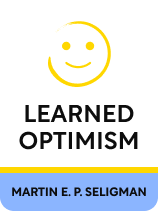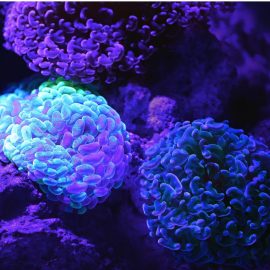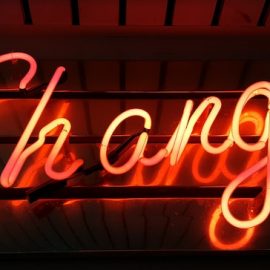

This article is an excerpt from the Shortform book guide to "Learned Optimism" by Martin E. P. Seligman. Shortform has the world's best summaries and analyses of books you should be reading.
Like this article? Sign up for a free trial here.
What was the significance of Martin Seligman’s dog experiments? What do the results mean for humans, according to psychology?
Martin Seligman conducted a series of experiments using dogs to explain his theory of learned helplessness. According to Seligman’s findings, learned helplessness exists in humans and can lead to a number of mental health problems, if left untreated.
Read on to find out what Martin Seligman’s dog experiment means for the mental health of humans.
What Was Martin Seligman’s Dog Experiment?
The theory of learned helplessness was based on Martin Seligman’s dog experiment in the 1960s, which he conducted with fellow psychology student Steven Maier. There have been some crucial updates to the theory since then. First and most notably, Seligman and Maier themselves changed their minds about what the study meant. In a 2016 paper following up on their original study, the two concluded that (for dogs, at least) passivity and helplessness is the default reaction to stress. In other words, in Martin Seligman’s dog experiment, the dogs hadn’t learned to be helpless at all; rather, they’d failed to learn how to escape an unpleasant situation.
However, that doesn’t mean learned helplessness doesn’t exist in people. In fact, psychologists now believe that learned helplessness is a contributing factor to depression—which we’ll discuss momentarily—and other mental disorders such as Post-traumatic Stress Disorder (PTSD).
What Is Learned Helplessness?
In psychology, learned helplessness is the belief that you can’t change things and that your efforts won’t make a difference. It’s called learned helplessness because it comes from experience: You go through important situations in which you can’t change the outcome, so you come to believe that you can’t affect the outcome of any important situation.
After Martin Seligman conducted his dog experiment, he also found that many people learn helplessness as children, especially from their parents and teachers. Every time an adult dismisses a child’s contributions and ignores his or her efforts, it ingrains helplessness into that child’s psyche.
Furthermore, children truly are helpless against unkind, unfriendly, and hostile adults—adults have all the power, both physically and socially, so children can’t do anything but try to avoid or endure them. Sometimes people carry that sense of helplessness into adulthood and don’t recognize that they aren’t powerless anymore.
(Shortform note: Childhood trauma, including being bullied or neglected by adults, can leave a person with lifelong feelings of fear, anxiety, and depression. The helplessness they learn from those traumatic events can shape their entire personality and self-image, even into adulthood. In other words, Seligman is saying that a child who learns that he or she is helpless might carry that lesson forever.)

———End of Preview———
Like what you just read? Read the rest of the world's best book summary and analysis of Martin E. P. Seligman's "Learned Optimism" at Shortform.
Here's what you'll find in our full Learned Optimism summary:
- How to break out of a pessimistic, powerless mindset
- How to develop a mindset of empowerment, optimism, and confidence
- How to balance your optimism with realism






